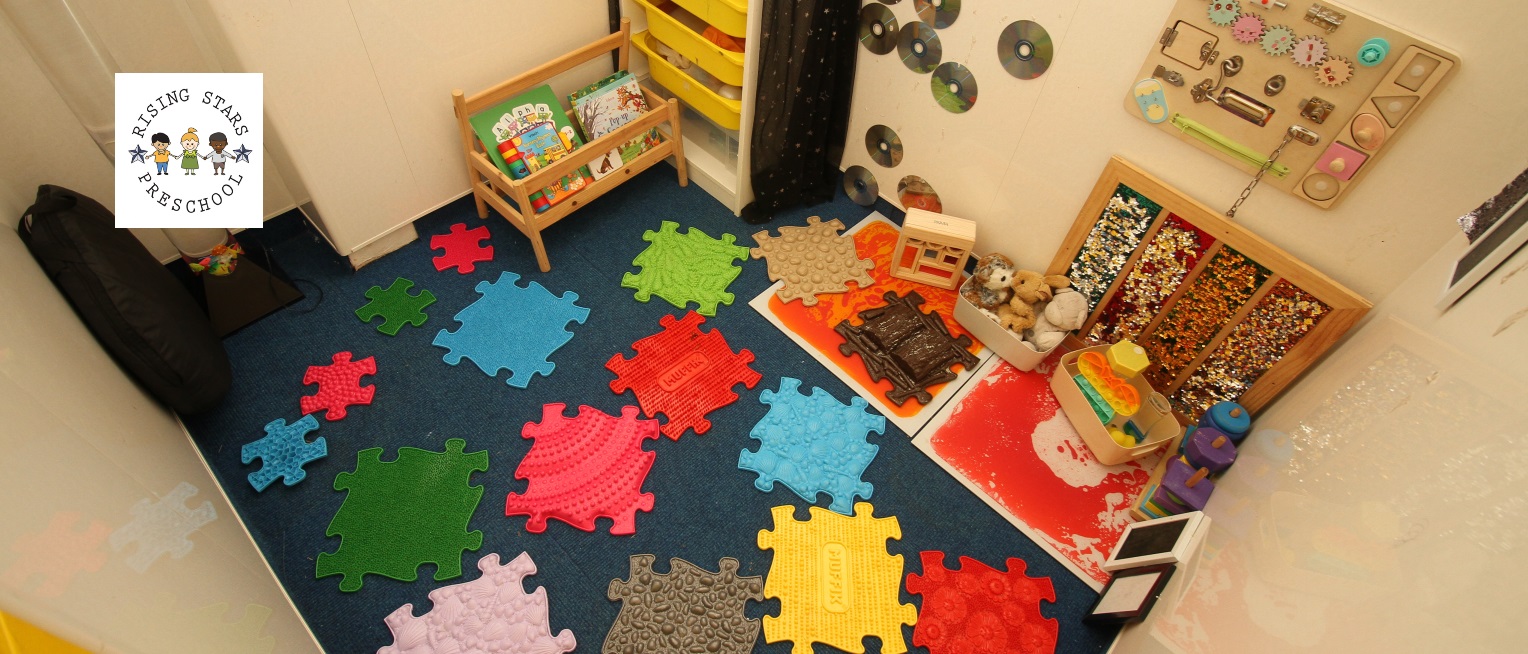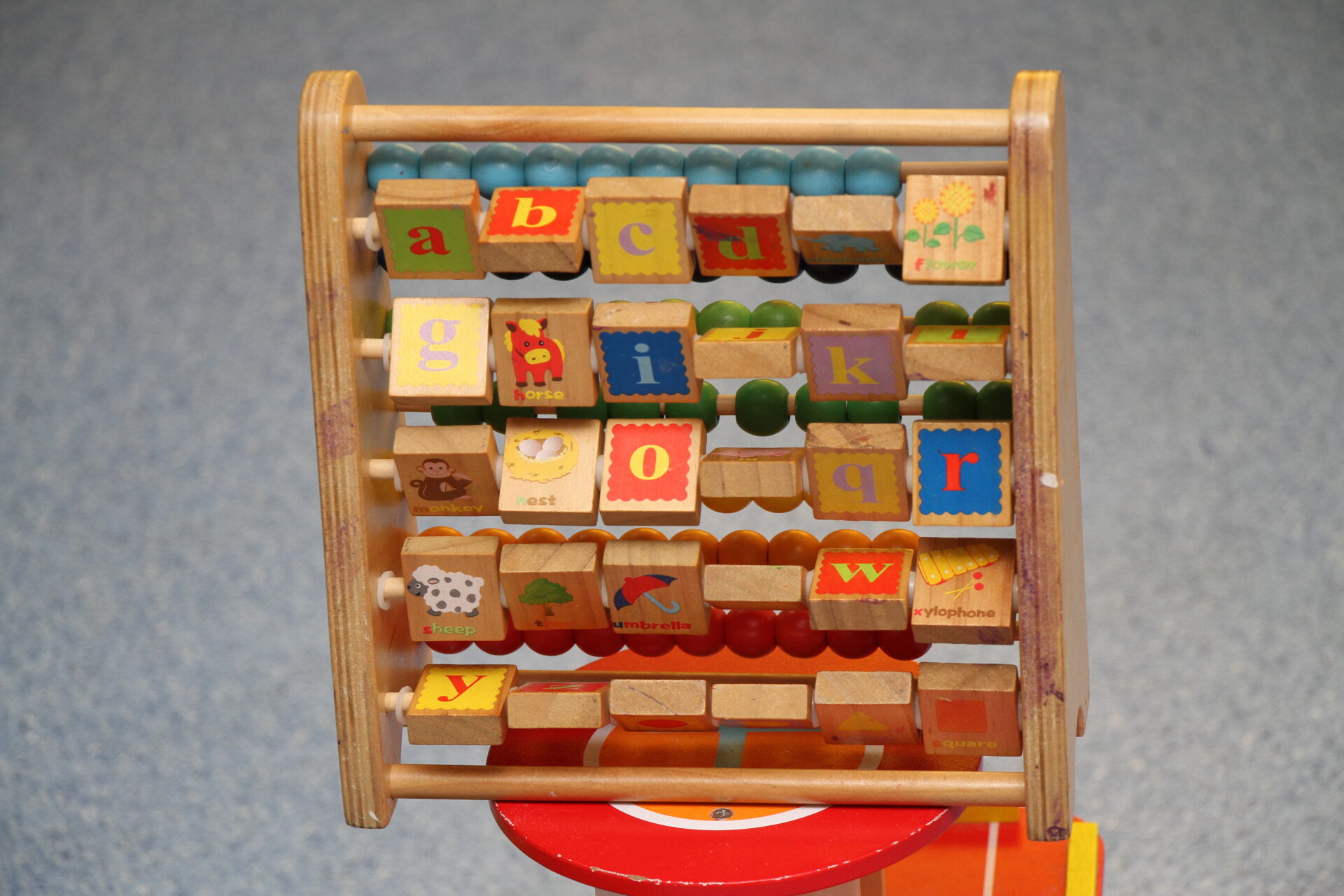
SEND

At Rising Stars we are committed to the inclusion of all children. All children have the right to be cared for and educated to achieve the best possible outcomes, to share opportunities and experiences and develop and learn alongside their peers. We provide a positive and welcoming environment where children are supported according to their individual needs.
We recognise that some children may have additional needs that may require particular help, intervention and support. These needs may be short-lived for a particular time in the child’s life or may require longer-term or lifelong support. At all times we will work alongside each child’s parents and any relevant professionals to share information, identify needs and help the child and their family access the support they need.
In accordance with our admissions policy, we are committed to providing a childcare place, wherever possible, for children who may have special educational needs (SEN) and disabilities according to their individual circumstances, and the setting’s ability to make any reasonable adjustments in order to provide the necessary standard of care. All children will be given a full settling in period when joining us according to their individual needs.
Where we believe a child may have learning difficulties and/or a disability that has not previously been acknowledged, we will work closely with the child’s parents and any relevant professionals to establish the child’s needs and to secure any action that may be required. We recognise that children with disabilities may not have SEND but may need the setting to make reasonable adjustments to enable them to make full use of the setting’s facilities.
Where we have emerging concerns about a child and/or where a child has identified additional needs or a disability, we will find out as much as possible about the needs of the child and any support the child or family may need to ensure the child makes the best progress in their learning and development. We do this by:
- liaising with the child’s parents
- observing each child’s development and monitoring such observations regularly
- liaising with any other relevant professionals engaged with the child and their family
- seeking any specialist help or support
- researching relevant publications/sources of help
- reading any reports that have been prepared
- Attending any assessment or review meetings with the local authority/professionals.
The role of the Special Education Needs Co-ordinator (SENCO)
The role of the SENCO is to provide a lead for staff in relation to SEN and disabilities and to make sure procedures are followed, appropriate records kept and parents are involved. The child’s practitioner (key person) will normally remain responsible for working with the child on a daily basis and for planning and delivering an individualised programme. The particular responsibilities of our SENCO are:
- advising and supporting colleagues
- ensuring parents are closely involved throughout and that their insights inform action taken by the setting
- Liaising with professionals or agencies beyond the setting.
Our setting’s SENCO is Abigail Bliss
Graduated approach
In line with requirements of the Special Educational Needs and Disability Code of Practice, we take a graduated approach to working with children with emerging concerns and their families. This approach includes:
- An analysis of the child’s needs including whether we should seek more specialist help from health, social services or other agencies
- An agreement about the interventions and support needed and the expected impact on progress and a date for review
- Implementation of the interventions or programmes agreed, including assessing the child’s response to the action taken
- A review of the effectiveness of the support and its impact on the child’s progress by the key person, SENCO, the child’s parent(s) and the views of the child, including any agreed changes to outcomes and support
- Revisiting this cycle of action in increasing detail and frequency including seeking further specialist help to secure good progress until the SENCO, key person, the child’s parent(s) and any other professionals involved agree intervention is no longer needed or decide to request an education, health and care needs assessment.




